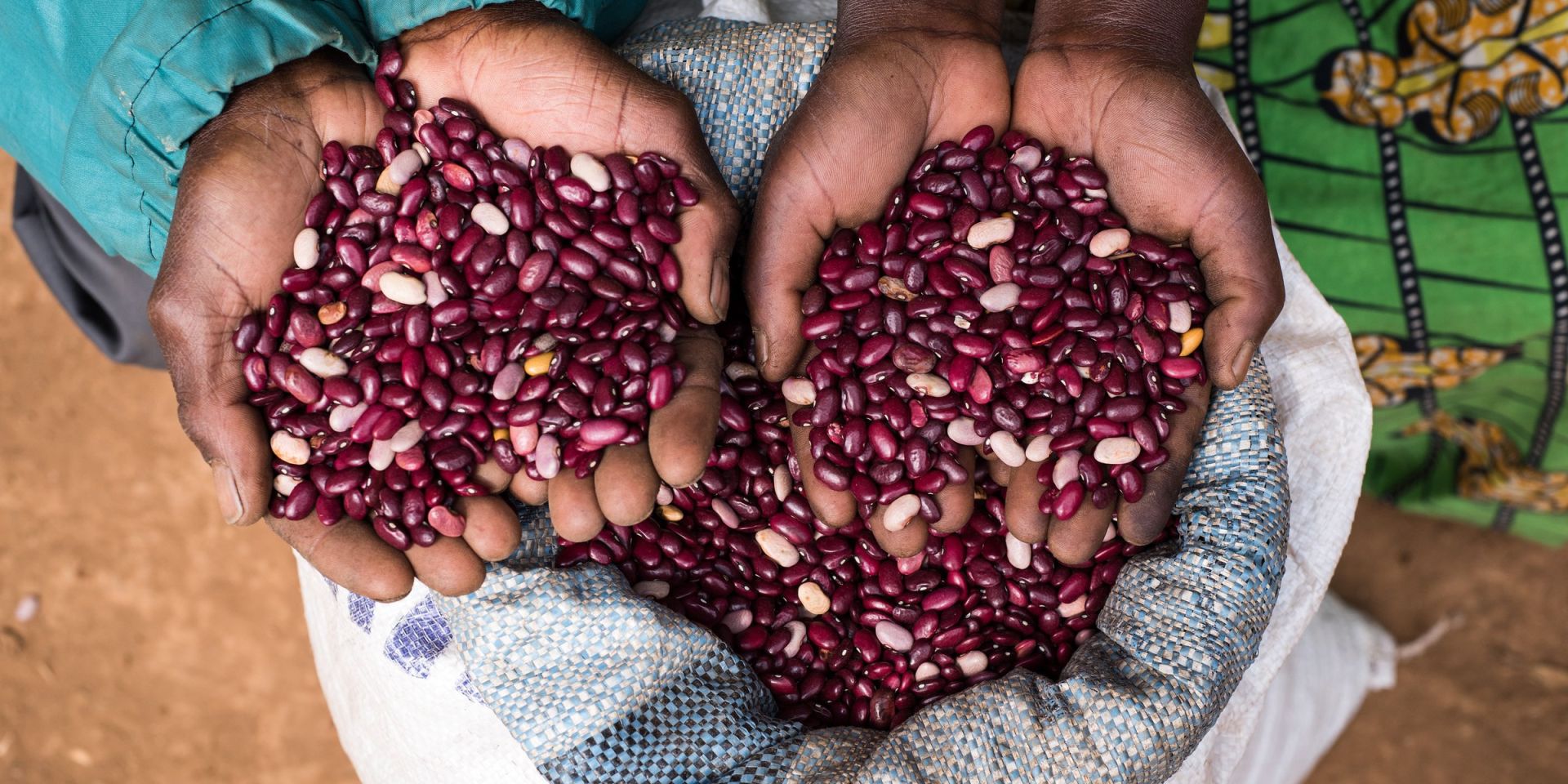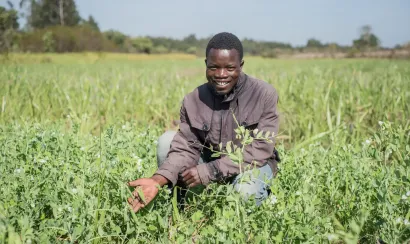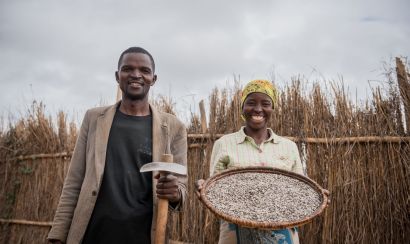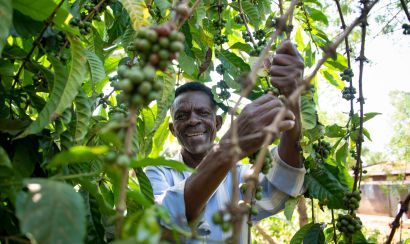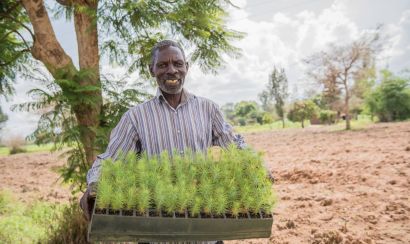Meet The African Billionaire Advocating for Farming
Agriculture might not be the most seductive industry out there. But, it’s incredibly important. As Africa’s largest employer, it feeds over a billion people. For smallholders, who cultivate about 80% of the continent’s arable land, agriculture provides a livelihood and defines the contours of their community, identity, and culture. However, many of these farmers are economically marginalised, living in towns or villages that are often untouched by the development felt in Africa’s booming cities.
However, one of the continent’s handful of billionaires, Strive Masiyiwa, has been an unlikely advocate for them and the sector. The Zimbabwean-born entrepreneur and philanthropist founded Econet, now a diversified telecoms group, in Harare in the early 1990s, when he was just 32 years old. The company is in several African countries with operations stretching all the way to the Pacific Rim.
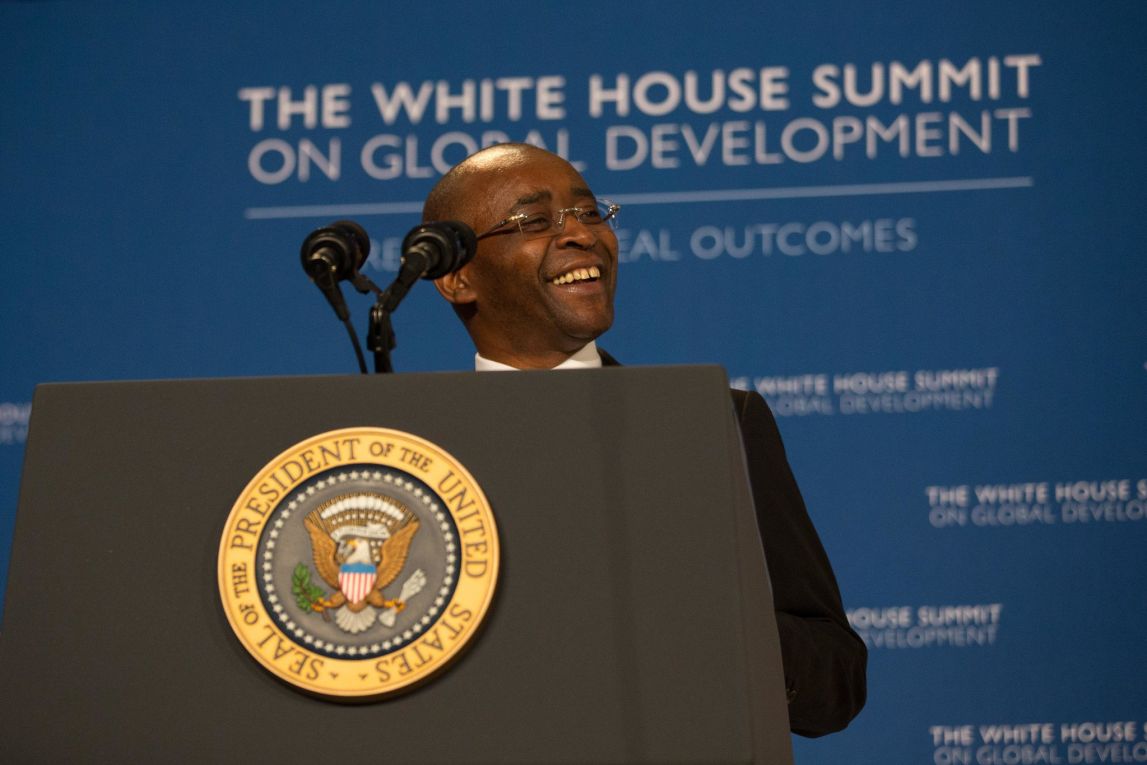
At a glance, Masiyiwa might seem to be a misplaced representative for African agriculture. He’s made appearances in a few editions of Forbes, the business magazine popular with global corporate heavyweights and the high net-worth set. His own empire conflates telecommunications, technology, and media. Its flagship company, Econet Wireless, is probably best known for its high-speed internet services available in a number of African cities.
Yet, Masiyiwa has gone as far to say that, if he had to do it all again; he wouldn’t be in telephones, he’d be in agriculture. It’s no secret either, he’s repeated this to millions on his personal Facebook page, and made it official his Econet Blog. He has even called on other entrepreneurs to join his campaign to “eradicate the ancient tool called the ‘hoe’” in African agriculture and “banish it to a museum!”
Why, one might wonder, is one of the continent’s most prominent CEOs so invested in a sector that has typically been unattractive to Africa’s young people and investors? The answer is quite simple. Masiyiwa is a talented entrepreneur.
Given its sheer magnitude, even minor improvements in African agriculture have the potential to determine the prosperity of the entire continent. Over the next decade, the sector is going to have to expand, considerably, to nourish a growing and, much younger, population. The industry is ripe with opportunities that will inevitably shape the economies of tomorrow.
Masiyiwa is betting that Africa’s next big ideas are probably going to be in its agriculture. “Twenty years ago the idea that people could have their own [mobile] phone was almost as ludicrous as the idea that Africa will feed the world. But 20 years from now, this continent will feed the world,” he predicted in 2015.
Today, he’s proving it. Early in 2019, Masiyiwa began introducing his online followers to disruptors in African agriculture. The series, Agri-food Entrepreneurs of Africa, reads like a collection of casual, yet effortlessly cool, business cases that feature agripreneurs who’re already calling their bets.
The first post was all about Hello Tractor, an app that makes tractor hire accessible and affordable to smallholders. Popularly known as ‘Uber on The Farm’, the company also has its own Forbes mention and hopes to help boost the productivity for over a quarter million farmers in Nigeria, Kenya, Senegal, Tanzania, Pakistan, and Bangladesh.
One Acre Fund also made the series, where Masiyiwa used our model to show how entrepreneurs can scale a solution for agricultural development, featuring interviews with our founders. In a nutshell, he shared with his followers, amicably referred to as the ‘Senior Class’, that our “innovation was the unique ‘bundle’ of #products, #people and #processes (plus a dash of mobile technology) that... all focused on putting ‘Farmers First!’ (not funders or anyone else).”
When it comes to African agriculture, we’re in Masiyiwa’s corner. The industry isn’t just the present but the future of the continent. We’d love to have more farmer-focused enterprises join us out in the fields. There’s so much to be done, and the industry needs new visionaries to keep it growing.
From all of us, the sector is grateful for the encouragement, Mr. Masiyiwa!
